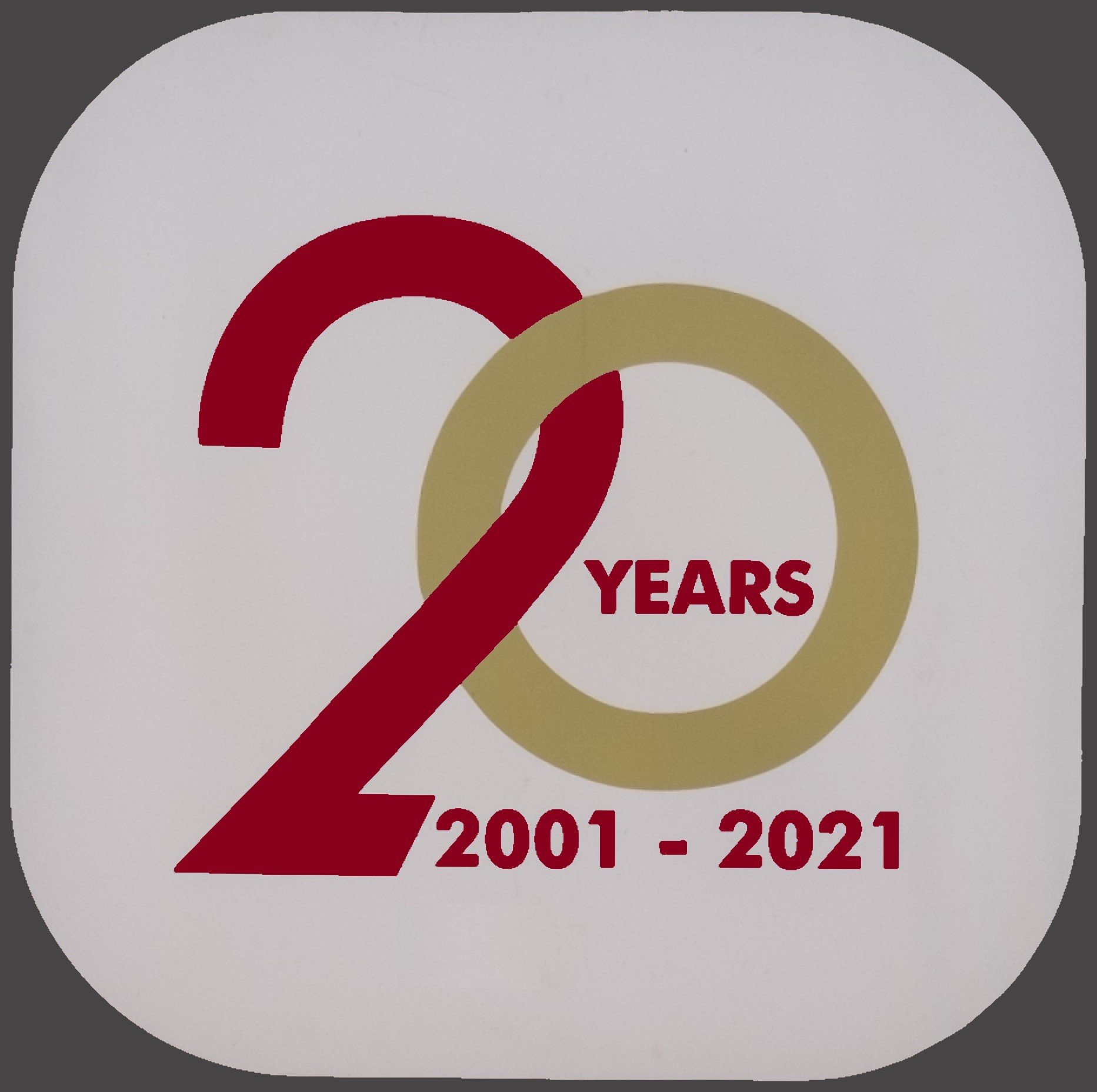Labs
- 40 B.Tech. Labs and 1 M.Tech. Lab with high-end systems
Equipment
- IBM System x226 eServers
- IBM System x3400 M3 Servers
- IBM System x3300 M4 Servers
- IBM System x3250 M5 Rack Servers
- HP Proliant ML110 G7 Servers
- i3, i5 and i7 Computer Systems with good processing
- Zenith & HCL desktops with LCD/LED monitors
- Tablets (iPad, Android)
- RFID
- LCD projectors
- WiFi routers
- Laser printer/scanners
Software
- All Microsoft software (through Microsoft Imagine subscription)
- Rational Suite (including Rational Rose)
- All Oracle software (through Oracle Academy membership)
- Various flavors of Linux
Other
- Department Library
- Seminar Hall (compliant with NMEICT remote center requirements)
- Conference Room
Labs & Workshops
- Modelling, Manufacturing, Simulation & CNC Lab
- Computer Aided Engineering Analysis Lab
- Computer Aided Machine Drawing Lab
- Production Drawing Practice Through Auto CAD
- Machine Tools Lab
- I.C Engines Lab
- Manufacturing Processes Lab
- Strenght of Materials Lab
- Metallurgy and Material Science Lab
- Metrology Lab
- Heat Transfer Lab
- Engineering Workshop
Equipment
- CNC Lathe Machine
- CNC Vertical Milling Machine
- TIG Welding Machine AC & DC
- Hydraulic Press -pillar type
- Plasma arc welding and cutting MAchine
- Compression Testing Machine
- Torsion Testing Machine
- Semi-automatic Injection Molding machine
- Brinell Hardness Testing Machine
- Semi-automatics Blow Molding Machine
- Impact Testing Machine
- Rockwell Hardness Testing Machine
- Universal Testing Machine.
- Exhaust Gas Analyzer
- Box & Column Drilling Machine
- Precision Lathe
- Radial Drilling machine.
- Capston Lathe
- Injection Molding Machine (hand operated)
- Blow Molding Machine(hand operated)
- Cylindrical Grinding Machine
- Tool and Cutter Grinder
- Tool Dynamometers
Software
- Mastercam
- PTC Creo
- Ansys 17.3
- AutoCAD (Education)
Laboratories
- English Language and Communication skill (ELCS) Laboratories
- Physics Laboratories
- Chemistry Laboratories
- Centre for Nanotechnology Materials Research Laboratory
Physics Laboratories - Major Equipment
- Spectrometers
- Travelling microscopes
- Hall effect setup
- Resistance measurement using four-probe method
- Measurement of dielectric constant with temperature
- Hysteresis loop tracer
- PN diode circuits
- LCR circuits
- RC circuits
- Stewart and Gee’s type galvanometer
- Compound pendulum
Chemistry laboratories - Major Equipment
- Digital conductivity meter
- Digital Potentiometer
- Redwood viscometer
- Digital calorimeter
- Water distillation setup
- Hot air oven
- UV chamber
Research Lab - Centre for Nanotechnology Materials Research Laboratory
- Ultrasonic probe sonicator
- Ultrasonic cleaners
- Vacuum pump with chamber
- Magnetic stirrers
- Digital balance
- Muffle furnaces
- Pellet press machine
- Digital Multimeter – 6.5 digit precision
- Autoclave reactor
ELCS Labs - Software
- K-VAN (CALL+ICS)
- English Grammar in Use
- Libre Office
- Cambridge Advanced Learner’s Dictionary
- Cambridge English Pronunciation Dictionary
Other
- Department Library






